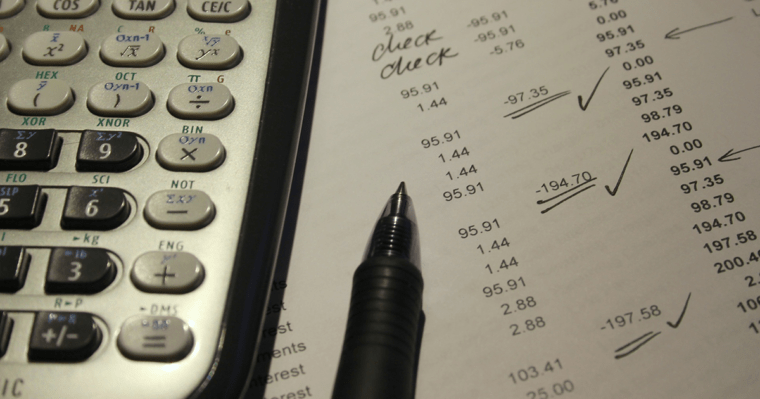Guest Post by Bob Shannon

Photo from Pixabay
When making large purchases that require a loan, building a good credit score is critical. Despite your best efforts, you may find that your credit profile isn’t ideal when it comes time to purchase a house.
Many people find themselves in this situation, but there are things you can do to make homebuying possible even when your credit profile isn’t the best.
Take a look at these tips on how to make your dreams of property ownership come true with a less-than-ideal credit score.
Request a Copy of Your Current Credit Reports
You should always take a look at your credit report before buying a home to learn your credit score. With this information, you can contest anything that may not be accurate.
There are three main credit bureaus: Experian, TransUnion, and Equifax, which sometimes have different information.
That’s why it’s important to request a copy of your credit report from all three bureaus and then compare the information you find across all three.
As long as everything in your report is accurate, you’ll have a good idea of what’s affecting your credit score the most.
Perhaps it’s a habit of making late payments on your credit card every month or maintaining a debt-to-income ratio that’s too high.
Analyzing your credit report helps you understand your current borrowing power and how you can improve it in the coming months.
Take Care of any Fraud on Your Report
If you see anything on any of your credit reports that’s inaccurate, it’s important to place a fraud alert on your credit by alerting any one of the three major credit bureaus.
Once the fraud alert is there, businesses are required to verify your identity before issuing credit to you.
This will prevent fraudsters from opening up any additional credit lines in your name. Placing a fraud alert is free, and it stays on your report for one year.
If you want it to be on your report longer than that, be sure to renew it when it expires.
Avoid Causing Further Damage to Your Credit
There are a lot of things that can potentially damage your credit. If you plan to buy a house within the next few months, avoid missing or making any late payments on any of your credit accounts.
You should also take a break from applying for credit cards because multiple credit inquiries in a short period of time can affect your score negatively.
Finally, avoid using too much of your available credit. You should keep your credit usage below 30 percent, if possible.
Review Your Mortgage Options Carefully
If you don’t have great credit, that doesn’t automatically mean you’re going to have an extremely high-interest rate on your home. There are various ways to lower your mortgage interest rate. One way is to pay for mortgage points.
You can do this by paying the lender a fee when it comes time to close on your home. This additional payment will help you secure a better interest rate.
It could even lower your monthly mortgage payments. Use a mortgage points calculator — which takes into account factors like the length of the loan, your purchase price, and your estimated property tax — to find out if this option works out in your favor.
These helpful tips can help you lower your home interest rate, even if your credit score isn’t pristine. Give them a try today and take active steps to improve your credit if you plan to buy a home within the next six to 12 months.





Leave a Reply